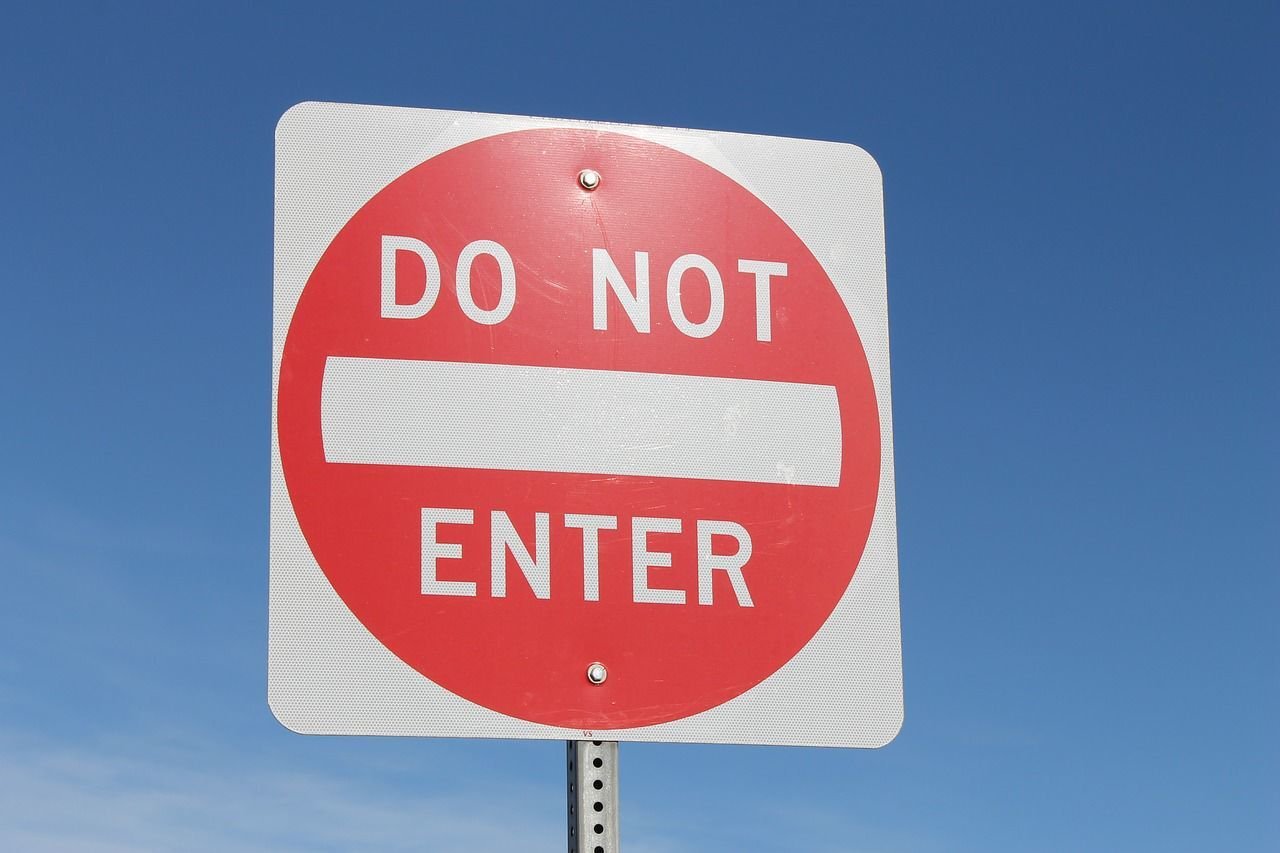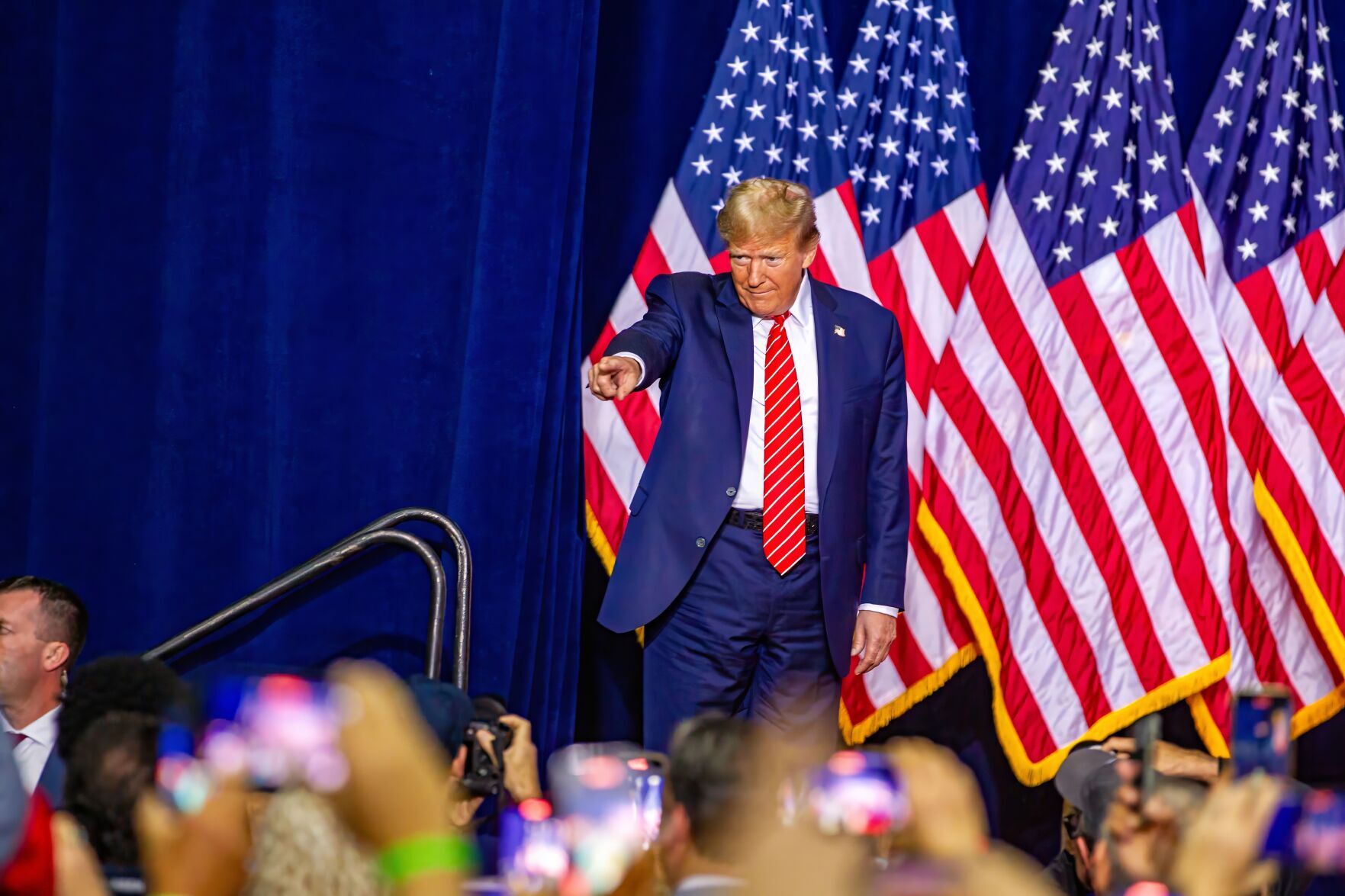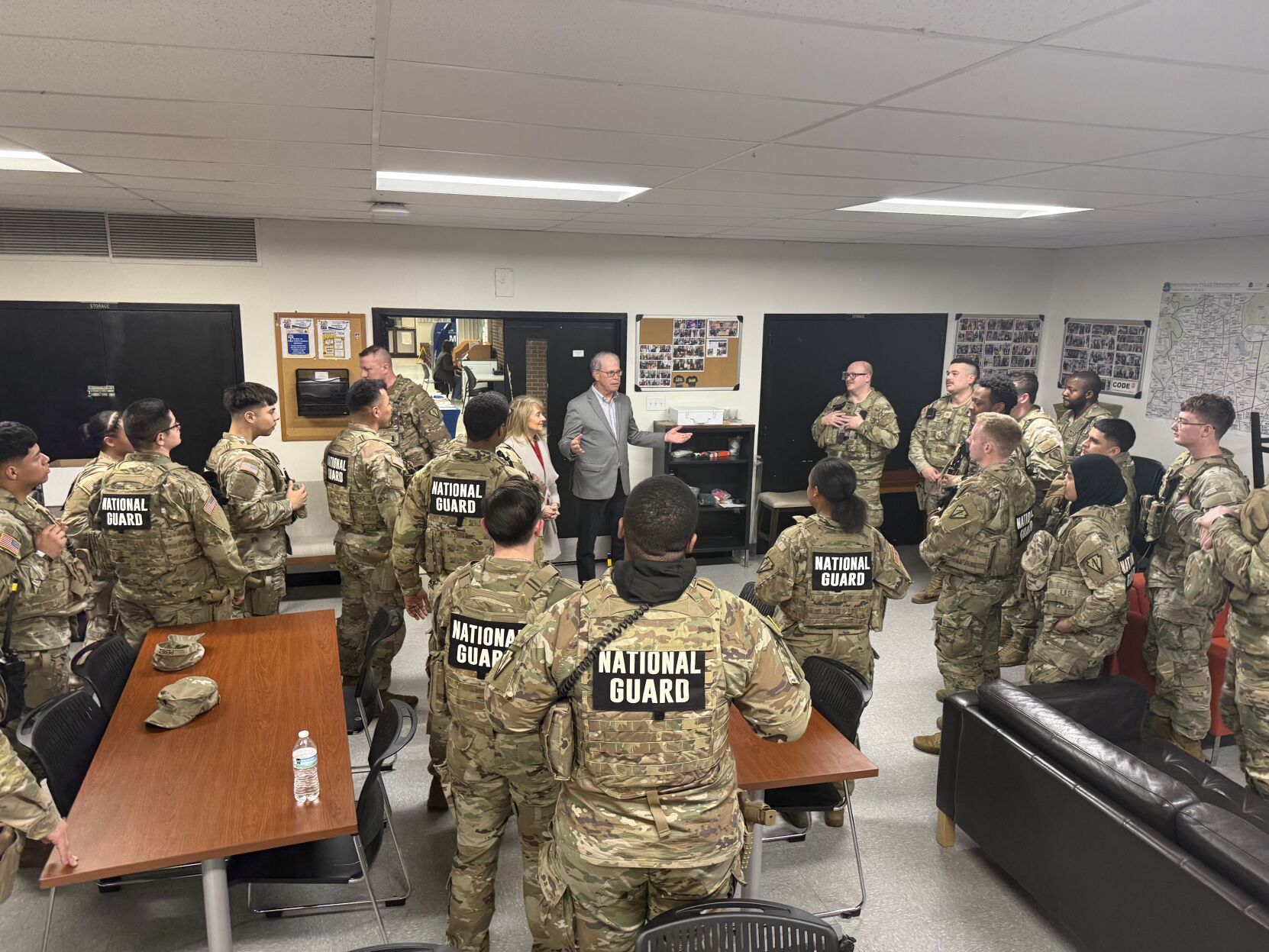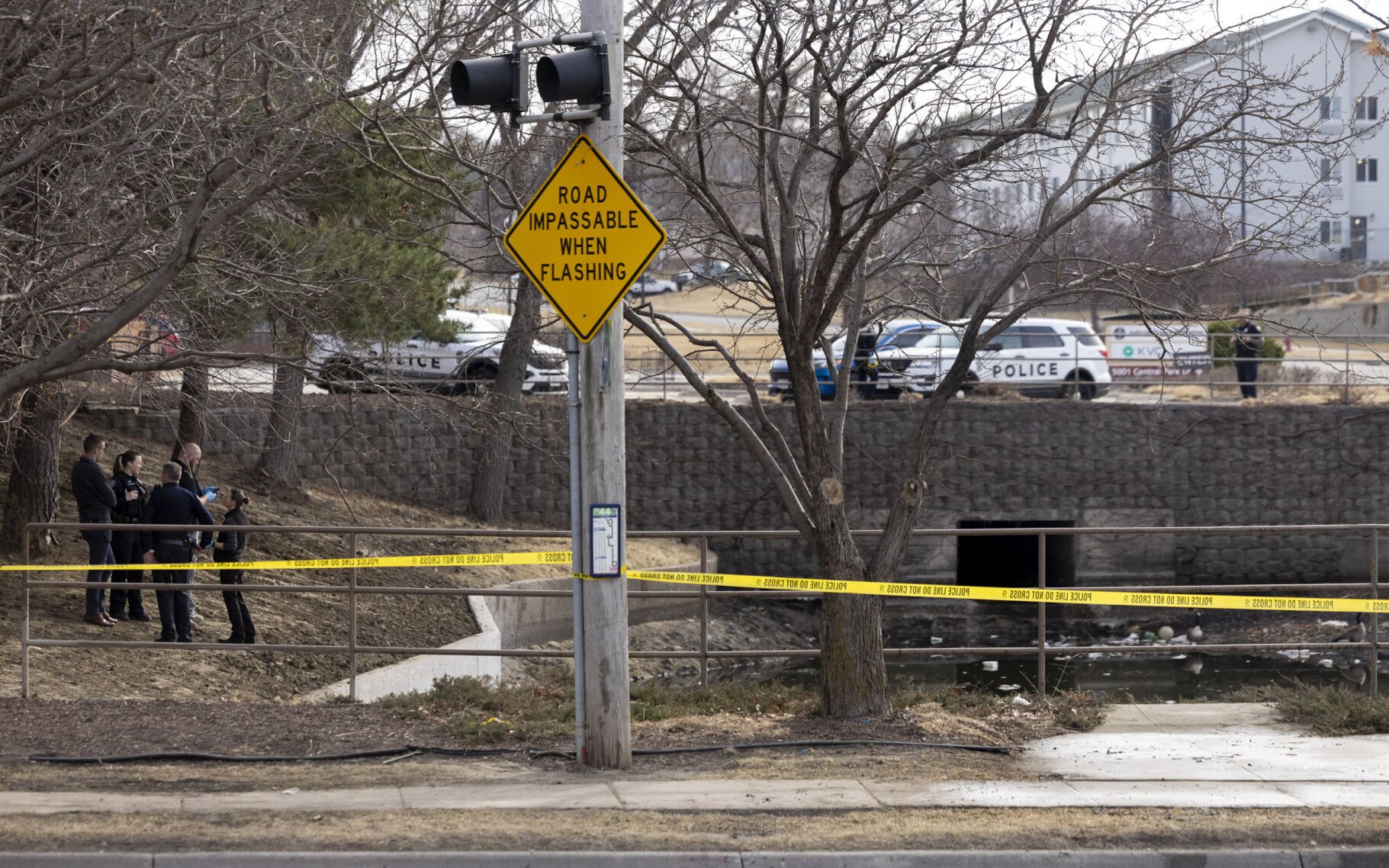Recent reporting reveals extensive exchanges between the White House and the Justice Department, highlighting confusion about the use of an autopen to grant presidential pardons. The central question is whether President Biden was aware of the process—or if official accountability is being overlooked.
Will Anyone Be Held Accountable for Biden’s Autopen Pardons?
Key Takeaways:
- Officials scrutinize autopen usage in presidential pardons
- White House–Justice Department correspondence suggests confusion
- Biden’s personal awareness of the process remains uncertain
- Accountability concerns prompt calls for further clarity
- Published by The New York Sun on September 11, 2025
The Autopen Controversy
Presidential pardons are among the most significant expressions of executive power, but new details indicate that President Biden’s signature may have been affixed by means of an autopen. The discovery raises questions about the authenticity of these pardons, particularly in the eyes of constitutional scholars and the general public.
Correspondence Revealed
According to reporting, extensive correspondence between the White House and the Justice Department uncovered a flurry of emails and memoranda. These documents show that officials struggled to interpret exactly how the president’s authority was implemented. Some worried about whether a mechanical signature could truly reflect the president’s intent, while others viewed it as an accepted administrative tool.
Presidential Awareness
One of the central questions behind this controversy is whether President Biden personally sanctioned the autopen usage. The article suggests that confusion reigned over whether he was wholly informed about the method being employed for signing the pardons or if staff acted on his behalf without his full involvement.
The Question of Accountability
This debate has prompted discussions regarding who should be held accountable, if anybody, for the unusual approach. Critics argue that the use of an autopen in such an important process undermines the spirit of executive oversight. Supporters maintain that if routine procedures were followed, the autopen may simply represent a modern administrative convenience.
Observers’ Concerns
Observers point out that technological convenience must not overshadow constitutional responsibility. Whether or not the president was aware of the autopen’s application, the question remains: How do we ensure executive authority is properly exercised? The incident underscores the need for clear policies governing how pardons are enacted—and how the White House communicates those actions with the Department of Justice.











